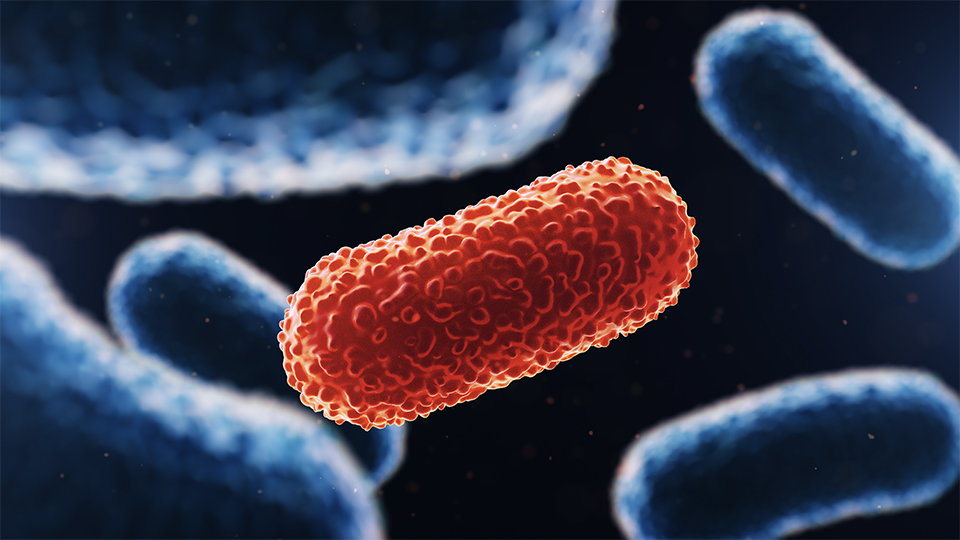Non fermenting Gram negative bacilli in ICU ventilator associated pneumonia
DOI:
https://doi.org/10.37051/mir-00239Keywords:
Ventilator-acquired pneumonia, Sepsis, Gram-negative bacteriaAbstract
Ventilator-associated pneumonia caused by non-fermenting Gram-negative bacilli is a frequent form of nosocomial infection, challenging clinicians with real diagnostic and therapeutic difficulties. Severity of the clinical presentation and emergence of resistance profiles leaving very few therapeutic options have made them a global public health priority. While Pseudomonas aeruginosa remains the most widespread species, other species, mainly Acinetobacter baumannii and Stenotrophomonas maltophilia, have emerged as important pathogens in ICU patients. Faced with these challenges, new perspectives have emerged with the renewal of old antibiotics such as Colistin, accompanied by the arrival on the market of new beta-lactams such as Ceftolozane-tazobactam, Ceftazidime-avibactam and Cefiderocol. Despite these therapeutic advances, there are still many issues of debate in the literature, such as the differentiation between colonization and infection, the role of dual antibiotic therapy and the optimal duration of treatment. This pragmatic update will detail the microbiological characteristics of these bacteria, the resistance phenotypes useful to clinicians, and their treatment options.


